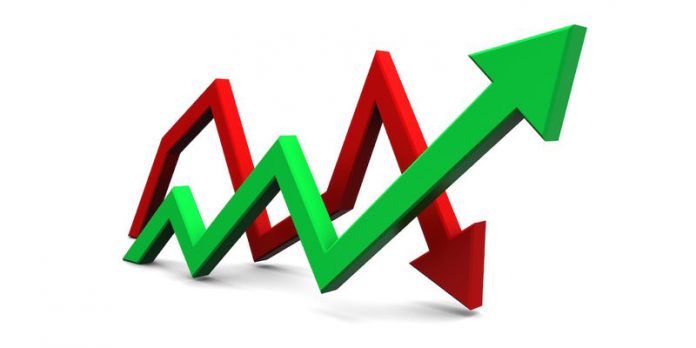On Jamie Dimon’s annual letter Thursday, he reveals why he’s convinced that we’re not going to see a recession in 2019:
Table of Contents
The Inverted Yield Curve is Insignificant
According to an article published in Fortune, investors have been distressed over the recent, and temporary, inversion of the yield curve – an interest rate environment in which long-term debt instruments have a lower yield than short-term debt instruments of the same credit quality. It indicated that investors are worried that the economy will be worse in the future than it is today.
Underestimation of Growth
Dimon believes that economists and investors might be overly pessimistic. He writes in his letter that there may be higher chances that growth will be slow, and inflation subdued, he takes into account that the employment and wages will continuously increase.
Market Fears are Extravagant
Dimon has dedicated an entire section of his letter dissecting the stock market plunge at the end of 2018, which drastically removed all of the S&P 500 and Dow Jones Industrial Average’s gains for the year.
He also reminds his readers that market reactions do not always accurately reflect the real status of the economy, and, therefore, policymakers and companies shouldn’t exaggerate nor overreact.
China is Going to be Fine
Even though companies and investors have been desperately hanging on to every bit of hope that the U.S. and China can come to an agreement regarding trade talks, Dimon isn’t fretting over it. He believes that a fair-trade deal will eventually be settled, but of course, if it fails, there will be “serious repercussions.” However, he notes that it isn’t going to be anything that China can’t handle.
Debt isn’t at Danger Level
Dimon has eased off fears about the growing U.S. budget deficit. He is convinced that America’s debt level is drastically increasing, but it’s not at the danger level. At least, not yet. At this moment, he’s more concerned about “shadow banking” – an increase in lending by non-banks, specifically mortgages and student loans.
In conclusion, Dimon trusts that today is nothing like 2008. For the sake of everyone, let’s hope he’s right.




